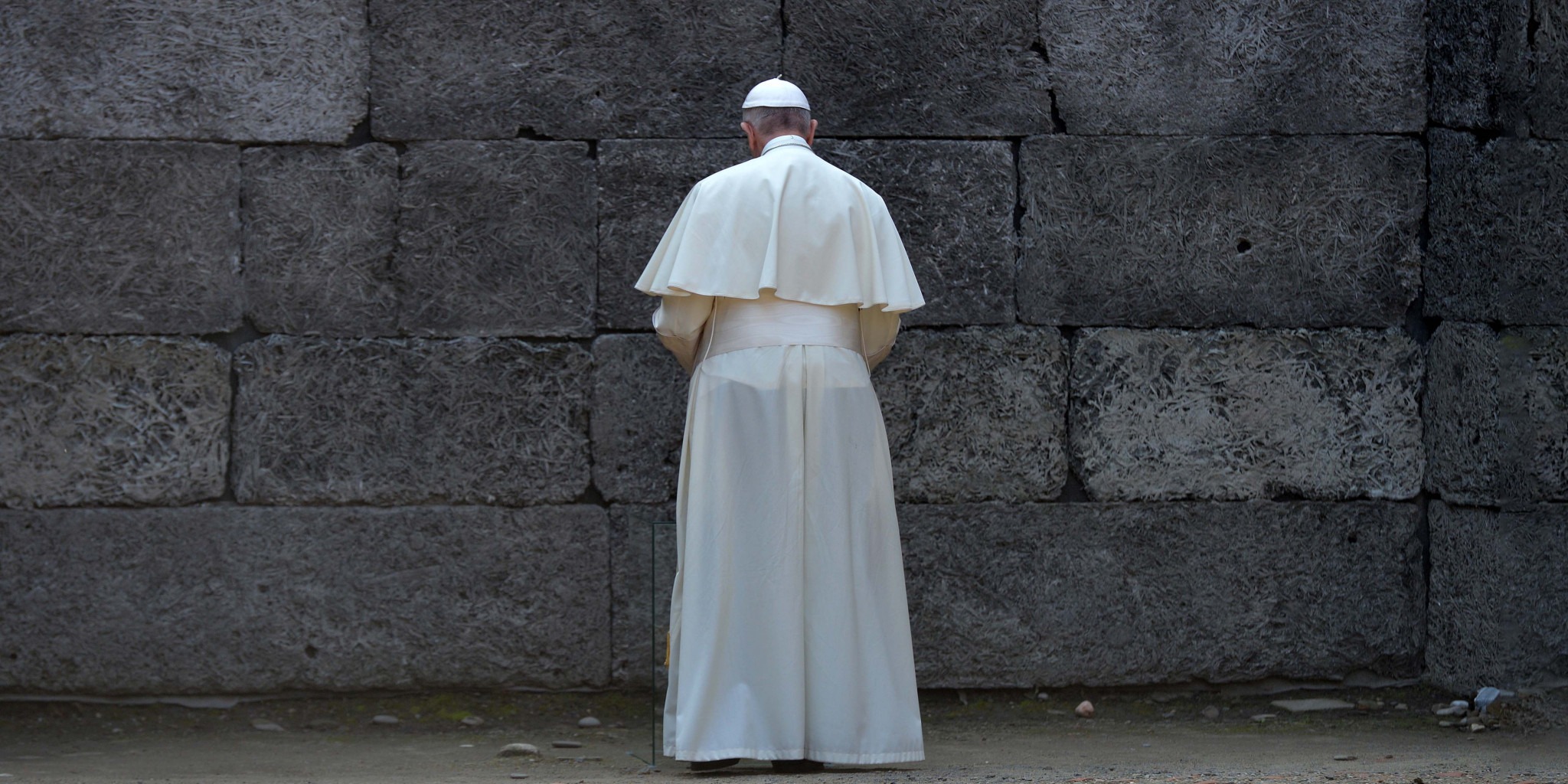Returning home: On the passing of Pope Francis
The passing of Pope Francis struck me in the strangest of ways. It caused me to reflect upon the death of Pope Benedict XVI, which then caused me to realise there was not all that much in my mind to reflect upon. That incredibly significant time in history has passed me by without much thought.
Though I was baptised Catholic as an infant, like many in my generation, I quickly drifted from the faith. Frankly, there was nobody of faith around me – often quite the opposite, with most of my family being openly anti-religious – and by the time I was a teenager, I had sternly declared myself an atheist. Yet, despite my supposed unbelief, there was a longing that persisted. Again and again, I tried to ignore this longing. But slowly, through many years and struggles with addiction, that quiet invitation became impossible to disregard.
Over time, I came to trust in God again. I studied the Bible heavily. I prayed even more. The Rosary became a significant part of my life, though I remained untied to any particular church. It was during this wandering period, whilst researching the Rosary, that I stumbled upon some of Pope Francis’ reflections on the practice. He described the Rosary as “the prayer that always accompanies my life”, seeing it as a vital bridge that draws us nearer to Jesus through Mary. He talked of Mary as not just a figure of reverence but as a mother who leads us with tenderness and strength.
He is a spiritual father who is physically there. When a father dies, it stirs something innate within us. Equally, we are acutely aware of his universal presence on the world stage, and his influence in lives other than our own
This idea affected me. In praying the Rosary, I had already sensed something maternal and personal guiding me back to Christ; hearing the Pope articulate that experience affirmed something I couldn’t quite name at the time. It would be several more months before I stepped foot back inside a Catholic Mass, but the Pope had already had an impact on my spiritual life.
Now, here I am: sitting on the couch with my dog, eating breakfast, feeling unusually complex emotions as I watch the heaving streets of Rome alive and lined with mourners for Pope Francis. Sure, I had attended Mass since his passing. I had felt solemn. I had prayed for his spirit. But that was within the safe walls of the Church, not within the vulnerability of my own home. Though it wasn’t sadness alone that I was feeling. It was more than that. It was like the sensation you get at a concert when a crowd is singing every word to a meaningful song, carried by something larger than themselves. But no band was playing – only the silent rhythm of mourning.
The Pope’s death feels both personal and universal. I imagine that is a sentiment many Catholics share. Part of it may be that, unlike most world leaders, the Pope is not distant or symbolic in the abstract – he is, in a very significant sense, a shepherd. We pray for him by name at every Mass. He is a spiritual father who is physically there. When a father dies, it stirs something innate within us. Equally, we are acutely aware of his universal presence on the world stage, and his influence in lives other than our own.
People are searching again. They are tired of emptiness. They are hungry for the truth. I hear it in conversations. I see it in the conversions of people who once laughed at faith. I see it in myself. Pope Francis was a voice for that truth
I do not profess to know every detail of his papacy. I am new to the faith, and there is much I am only just beginning to understand. I am aware of the Pope’s errors – some of them egregious – and I confess that these failures are sometimes difficult to grapple with. But Catholicism does not pretend that the Pope is perfect. That is part of the beauty and the challenge of our faith, that we are all capable of falling short, and we are all offered the same path to forgiveness.
In his passing, and with appreciation from a writer’s perspective, I believe it is important to note that Pope Francis was blessed with a gift for the descriptive. I have found deep solace in listening to him speak of Christ, and in hearing his spiritual wisdom. He rather poetically described his vision of the Church as “a field hospital after battle.” There are multiple layers to this quote, but in 2025 I couldn’t think of a more pertinent description. In this time of great societal trauma and unease, with the West enduring such an intense struggle for meaning, there appears to be a great awakening. Perhaps, it stemmed from his adoration for the Rosary, but Pope Francis often spoke of building bridges, and bridges need to be built.
People are searching again. They are tired of emptiness. They are hungry for the truth. I hear it in conversations. I see it in the conversions of people who once laughed at faith. I see it in myself. Pope Francis was a voice for that truth, and I pray that his passing will serve to amplify his message of a life closer to Christ. But perhaps more importantly, I pray that his successor is one with the strength and courage to take a loud stand against Christian persecution around the world, whilst also looking to bring our broken world together at a time when people are in desperate need of salvation.

Comments